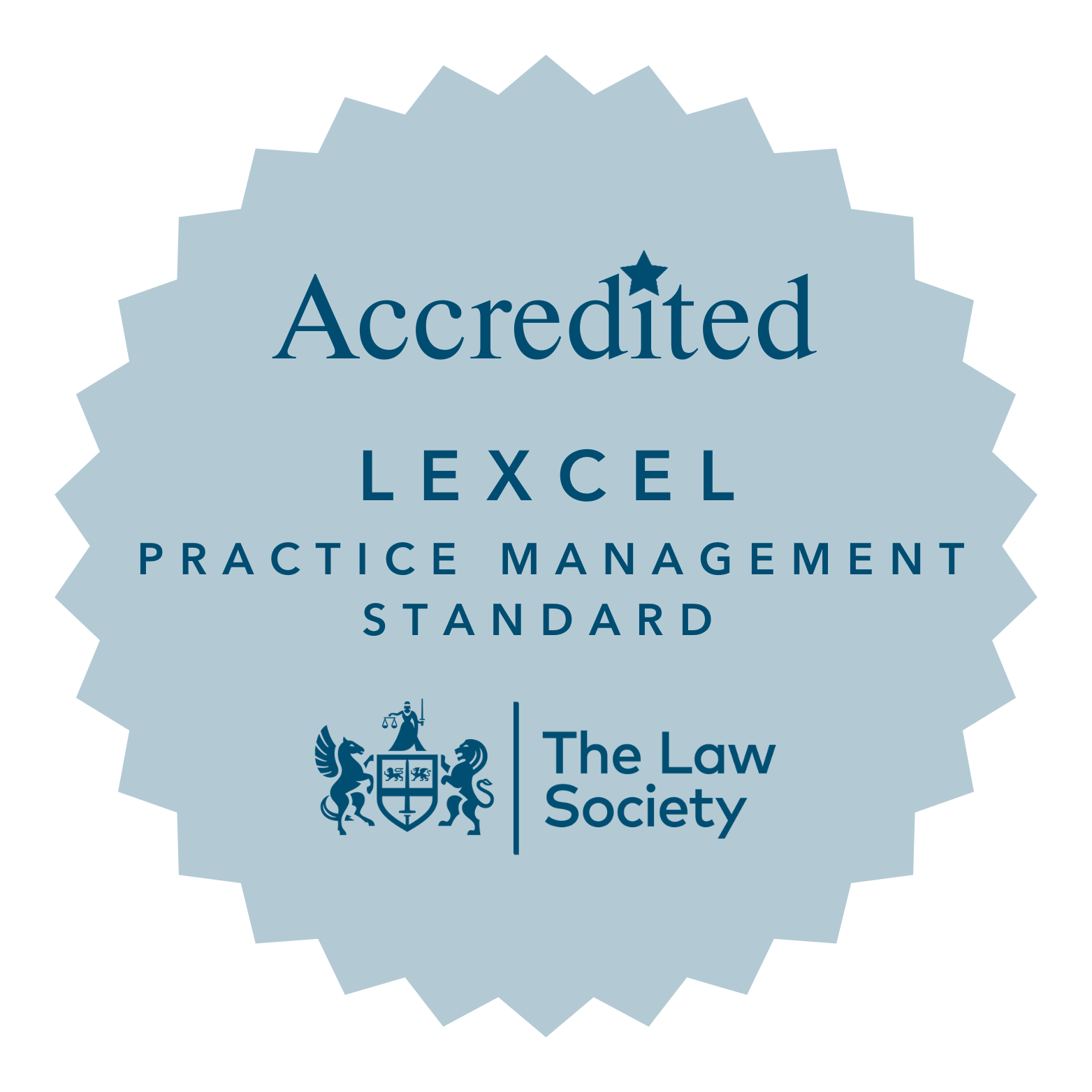Financial Settlements In High-Net-Worth Divorce Cases

As human beings and individuals, we are all different and change over a period of time. As a result, our approach to relationships can also change and marriages and civil partnerships can fail. This is true regardless of gender, race, faith, or economic position.
Many relationships fail due to arguments surrounding money and even in marriages and civil partnerships where parties are wealthy, this can be an issue. The same rules apply to wealthy families who find themselves in a situation where they need to divorce or dissolve their civil partnership, as those which apply to families with fewer assets and a lower income.
It is more likely in a wealthy family that there will be complex issues to consider surrounding Trusts, offshore Assets and high value businesses and additional work may need to be carried out to ensure all of those assets and their true value are accounted for.
Set out below are some of the questions parties commonly raise when they find themselves in a situation where their relationship is failing.
What is a divorce financial settlement?
A financial settlement sets out how matrimonial property, (any assets or income acquired during the marriage and sometimes prior to the marriage), will be divided when a couple divorce or dissolve their civil partnership. In many cases, including those involving significant wealth and assets, the financial settlement is agreed between the parties themselves, or via Alternative Dispute Resolution (ADR) methods such as, round table negotiation or mediation. Where a dispute cannot be resolved, going to Court to obtain a Financial Remedy Order is the only way to achieve a resolution. (put link in to Guide to Financial Remedy Proceedings)
Is a financial settlement agreed between the parties legally binding?
If parties to a divorce or civil partnership negotiate the division of matrimonial property and assets between themselves, their Family Lawyers can draft a Consent Order (a Financial Remedy Order made by agreement) which sets out the agreed terms. Both parties would sign the document and it would be submitted to the Court for a judge to approve it. If it is approved, it will become legally binding and the parties must comply with the terms they have agreed.
The Court does not have to approve the Consent Order if it does not believe it is fair. However, if it has been drafted by experienced family lawyers’, parties will have received advice regarding the fairness of the settlement and the Court will, as confirmed by Baroness Hale in Sharland v Sharland [2015] UKSC 60, be “heavily influenced by what the parties themselves have agreed”.
When evaluating whether the division of property and assets under a Consent Order is fair, the Court must consider the factors under section 25 of the Matrimonial Causes Act 1973. These include the:
- Resources available to both parties, both now and in the future.
- Needs of both parties and, most importantly, of any children.
- Length and duration of the marriage.
- Standard of living enjoyed by the parties.
- Contributions of each party (financial and non-financial).
- Conduct of the parties.
- Benefits lost by either party because of the divorce.
What if I think my spouse is hiding assets?
When arranging the financial settlement, both parties have a duty to make full and frank financial disclosure of all assets, income, and liabilities. In Court proceedings this is achieved through completing Form E (Financial Statement). Form E can also be used when parties are trying to reach agreement without Court proceedings and if attending mediation, the Mediator will require financial disclosure. This is important because until the assets and their value have been identified, it is impossible to consider how they should be shared.
If, having exchanged financial disclosure, you have suspicions that your spouse is concealing or disposing of assets to avoid them becoming part of the settlement, you need to inform your family lawyer immediately. If the circumstances permit, they may be able to apply for a Freezing Order or injunction which will prevent your spouse and in some cases third parties, from dealing with the assets. In addition, and if necessary, your lawyer can collaborate with a forensic accountant to investigate any overseas entities and trusts which may be used to conceal assets.
Will I get spousal maintenance?
This is entirely dependent upon your individual circumstances. If you are the economically weaker party and your spouse has sufficient income to make payments to you, you may be able to negotiate or secure an award from the Court for Spousal Maintenance. You will need to be able to show a shortfall in your income when compared to your reasonable outgoings and that you have mitigated your circumstances as much as possible, through increasing working hours or claiming available benefits etc. When deciding on the issue of Spousal Maintenance, the Court will examine the factors under section 25 of the Matrimonial Causes Act 1973.
The Court can order one party to pay Spousal Maintenance to the other for as long as it thinks fit, subject to the death of either party or the remarriage or civil partnership of the receiving party but will usually make a spousal maintenance order time limited. This is commonly 5 years as this is considered a sufficient length of time for the receiving party to place themselves in a financially independent position. This does, of course, depend upon individual circumstances such as the assets available, ages of the parties and earning capacity. Spousal maintenance can also be capitalised with the receiving party being a lump sum in place of monthly or annual spousal maintenance. Spousal maintenance is more commonly ordered in high-net-worth cases as reasonable outgoings tend to be at a higher level and there is generally more income available to meet the order being made.
Wrapping up
If you are about to enter divorce or dissolution proceedings, or in the midst of coming to a financial agreement with your spouse, it is essential to have expert legal representation to protect your interests and those of any children. This is important to ensure that a fair and amicable financial agreement is reached which meets the needs of all concerned.
To talk to our Family Lawyers in Coventry and Warwickshire, please call us on 02476 231000 or email enquiries@askewslegal.co
Please note that this article is for information purposes only and does not constitute legal advice.









